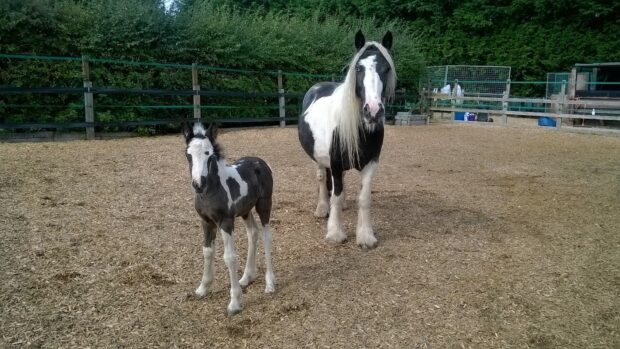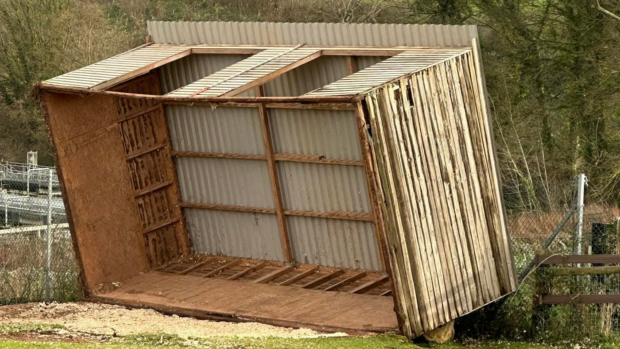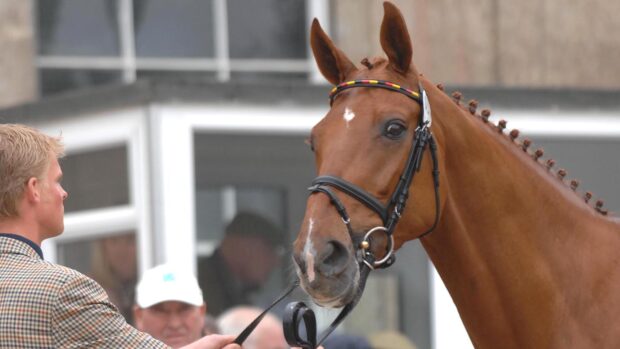With prolonged dry weather and a hosepipe ban that started in parts of the country yesterday (Thursday, 5 April), the recent lack of rain is having an increasing impact on the horse industry.
Two extremely dry winters have left reservoirs and rivers below normal levels.
And this week, seven water companies imposed water restrictions – East Anglia and south-east England are officially in drought, while parts of the Midlands and the south-west are also experiencing dry weather.
Last week parts of Yorkshire moved into official drought status after the area suffered the driest 12 months since 1910.
The Environment Agency (EA) is warning that drought conditions are expected to spread across more of England in the coming weeks, unless heavy rain arrives.
Put welfare first
Horse owners are reminded that they are still able to use a hosepipe for the “cleaning, maintenance and general well-being” of any animal.
Tim Baxter from advice website hosepipeban.org.uk said: “With regard to animals, there are no rules as such attached to water restriction laws. The onus is placed upon us to all care for the welfare of animals through whatever means we can, including using hosepipes.”
But a World Horse Welfare spokesman reminded horse owners to remain aware of other issues associated with drought conditions.
“If you are out riding, the concussive effects of the hard ground may lead to lameness and we urge owners to think about their horse’s legs and adapt their riding to the conditions,” she said.
“Don’t forget to ensure that your horse always has a clean supply of water in its field, as streams that are very low are often not a suitable source. When we do get rain, owners need to be extra vigilant for attacks of laminitis when the grass starts to shoot through rapidly.”
Fixtures cancelled
Despite many point-to-point courses watering, four meetings have already been lost – the Tedworth (8 April), Essex Farmers and Union (9 April), Cotley (1 April) and High Peak (10 April).
The Point-to-Point Authority added: “We have lost fixtures where courses are unable to water in light of current restrictions or on the basis that they are unable to irrigate full stop. I fear we might have more cancellations in the immediate future.”
And British Eventing (BE) advises organisers to plan ahead.
“This is not a new situation – we have had dry periods before and the sport has continued very well,” said Mike Etherington-Smith of BE.
“BE has a ‘ground care’ booklet, which sets out the various types of machine that are available to assist with ground preparation.
“Undoubtedly the best situation is to plan ahead, looking at how best to ensure good grass cover and ‘flat’ ground. What is unacceptable is rough, hard ground that can cause injuries to horses.”
For the full story see the current issue of H&H (5 April 2012)





